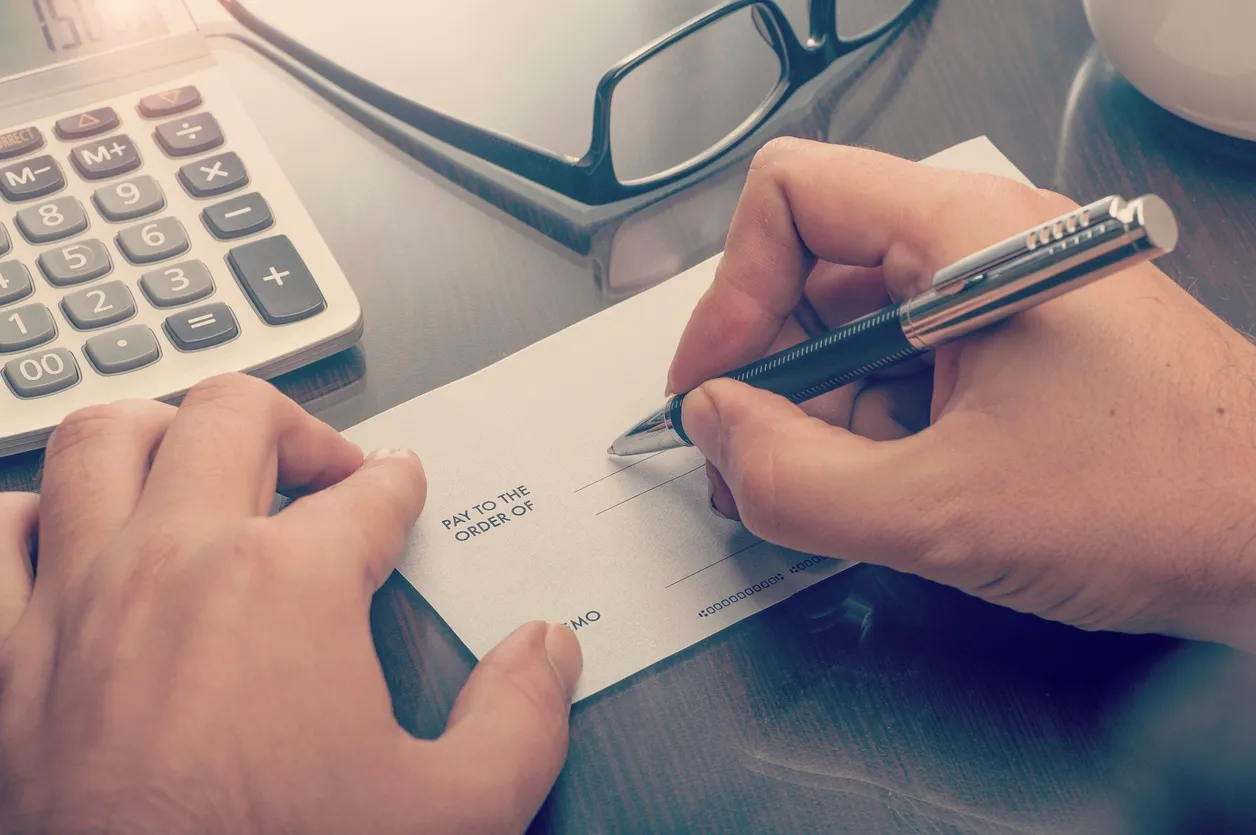Chapter 13 can be a very useful tool for people with money worries to stabilize their finances. To make the best decision regarding what chapter to file, it’s good to know what chapter 13 does.
Chapter 13 can address systemic budget problems. Some financial problems are temporary. But others aren’t. For the person who is under-employed, or who has an injury or chronic illness that results in reduced income, or the person who has had to cut back on hours on the job in order to provide care for a loved one, some financial issues are present right now and look to be sticking around for quite a while. In these situations, the expenses that were once affordable now strain a budget. Chapter 13 is a good tool to use when a person’s cost of living has to be adjusted. Since a chapter 13 payment is based on the debtor’s budget, chapter 13 payments amounts are affordable. Chapter 13 debtors have the ability to reduce the amount they pay for debt service since payment in full of unsecured debt is usually not required in order to receive a discharge.
Chapter 13 can help you catch up on your mortgage payment. The ability to cure past-due mortgage payments is one of the cornerstones of chapter 13. In a chapter 13 plan, the debtor proposes a plan to repay mortgage arrears – again, in an amount and over a period of time that is affordable. Chapter 13 is a home preservation law, this means it can prevent foreclosure.
You can re-write your car loan in chapter 13. You can pay a high-interest rate car loan through chapter 13, with a reduced interest rate. And in some cases, a chapter 13 debtor can propose to rewrite the unpaid balance of the car loan in an amount equal to the value of the car. This can help prevent a car repossession.
You cannot lose non-exempt property in chapter 13. In chapter 7 cases, in some circumstances, it is possible that a chapter 7 debtor has to turn over a non-exempt asset to the chapter 7 trustee, who in turn liquidates the asset and uses the sales proceeds to pay creditors. Chapter 13 trustees are known as non-liquidating trustees – they do not have the ability to force a chapter 13 debtor to turn over non-exempt assets (the debtor has to pay the non-exempt value to unsecured creditors over the course of the plan, though). Going through a bankruptcy is tough enough – if you’re in a chapter 13, you don’t have to worry about having to part with your assets.
So chapter 13 carries with it strong benefits. Is it the right choice for you? If you’re interested in learning more, contact one of the attorneys at Kain + Henehan to learn more. Find us at www.kainhenehan.com.

